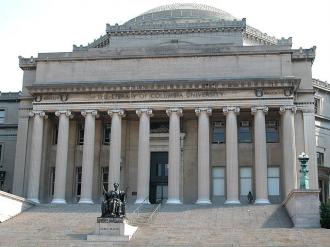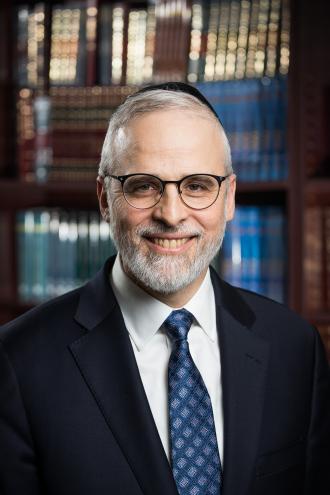ATLIT, Israel/BEIRUT (Reuters) - Waving Palestinian flags and wearing T-shirts proclaiming Jerusalem to be “the eternal capital of Palestine,” thousands of Israel’s Arab minority turned out on Thursday for a rally to commemorate a war lost 70 years ago.
In a field south of Haifa, near an Arab village that was depopulated and abandoned in 1948, children read the lyrics of nationalist anthems from their iPhones, while their elders sat beneath awnings, listening to dignitarites and musicians.
The gathering was something of an anomaly: the same day that Israelis celebrate the 70th anniversary of their Independence Day, Palestinians lament the Nakba, or “Catastrophe”, when they lost their homeland in the conflict that surrounded the birth of the modern Jewish state.
This year the gathering was near Atlit, a small coastal village south of Haifa from which, the rally organizers said, 170 people were driven out in 1948, and fled to other towns or into neighboring countries such as Lebanon, where they and their descendants remain refugees today.
“I never miss any event related to the Nakba,” said Sami Salman, 83, a carpenter originally from Nazareth who attended the rally. “Many people left for Lebanon back then, but fortunately for us we did not have enough money to go. I am very glad about that now.”
Unable to attend but watching the event on television was Khaled Ali Hassan, a Palestinian refugee who lives in the Shatila refugee camp in Beirut, 80 miles up the coast of the Mediterranean in Lebanon.
His father came from the village of Ijzim, near Atlit, but was never able to go back after he fled the conflict in 1948. Lebanon has around 450,000 Palestinian refugees registered with the United Nations refugee agency, many living in the country’s 12 refugee camps.
“When he used to speak of Palestine, he would stop when the tears came to his eyes,” said Hassan, 53.
He noted the irony that the Israeli celebrations and Palestinian mourning are intertwined. “The two of us are on opposite ends. Our day of tragedy, our day of misery, is their day of joy,” he said. Read more at Reuters















